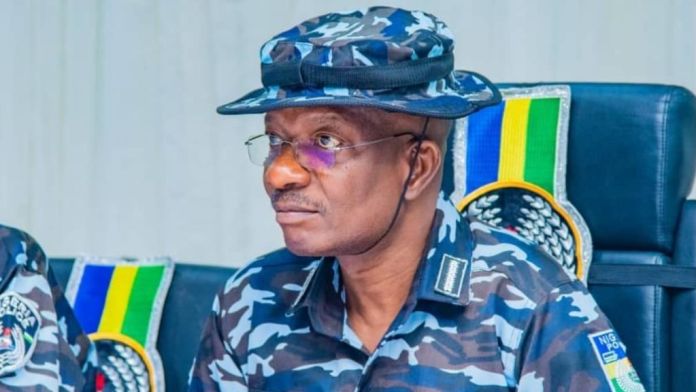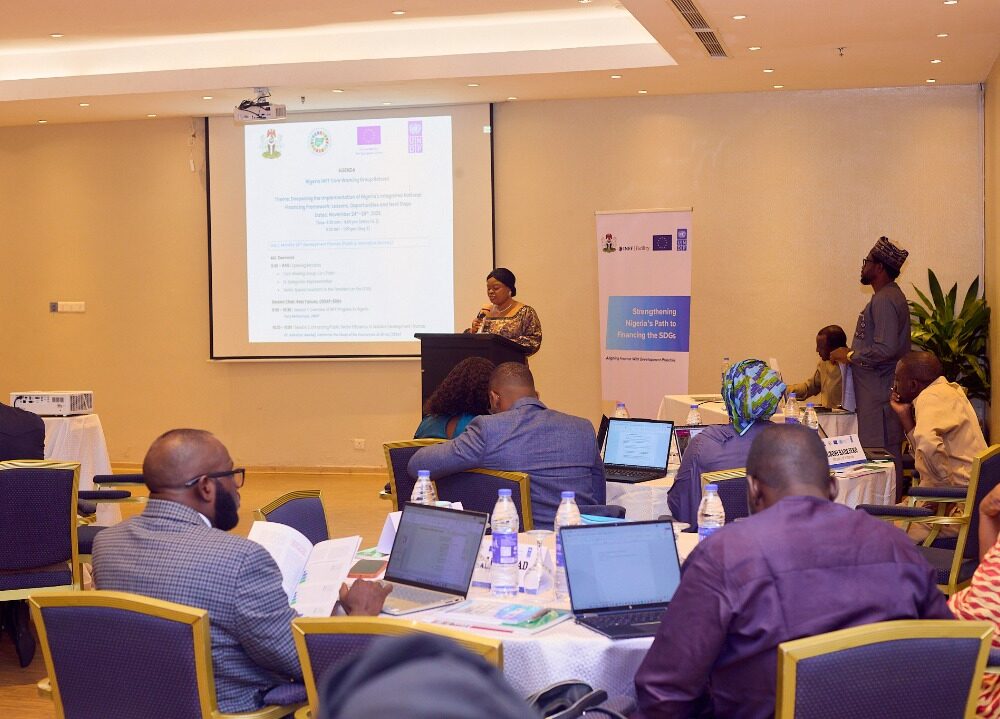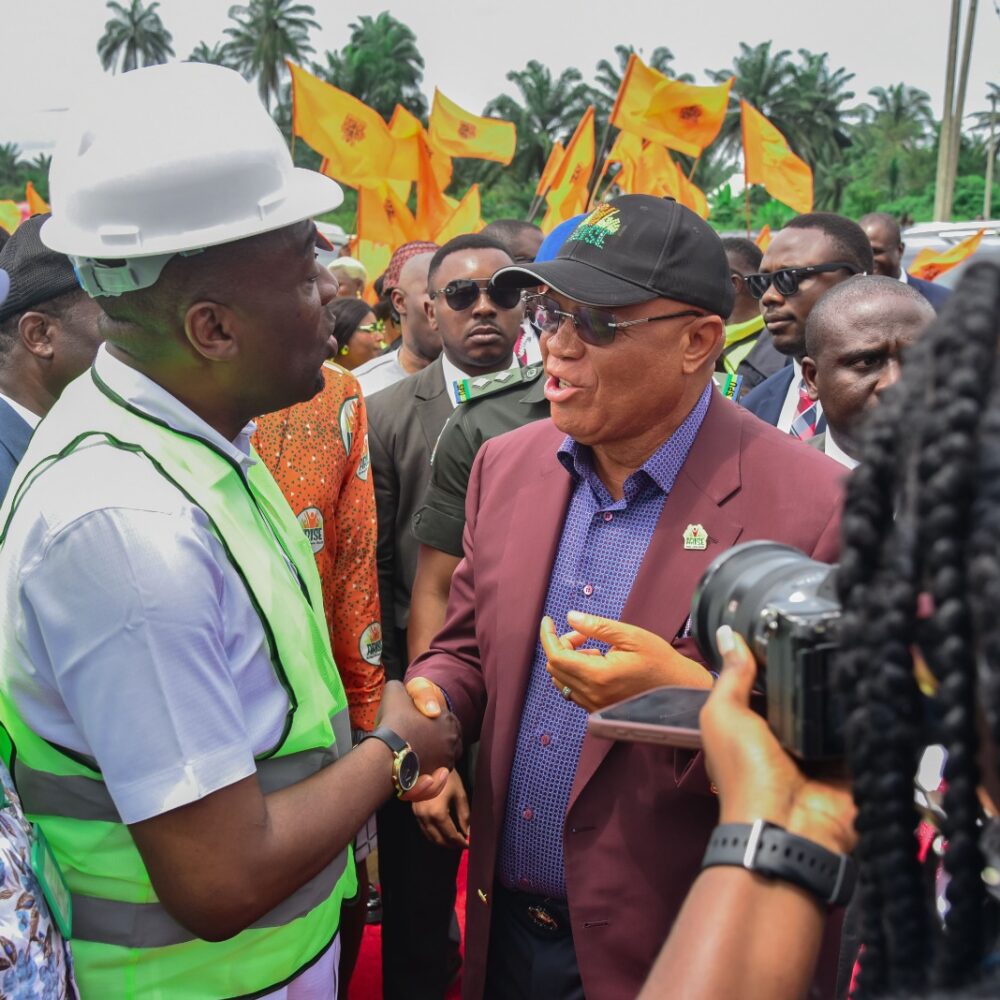The efficiency of the Nigeria Police Force, which happens to be the lead security agency in internal security, to combat increased rate of crimes and criminality across the length and breadth of Nigeria has over time been undermined by persistent shortage of manpower. With a population exceeding 200 million, the police-to-citizen ratio remains far below the United Nations-recommended standard of 1 officer to 400 citizens making it extremely tedious for the NPF to carry out its core and other secondary responsibilities as enshrined in the Constitution of the Federal Republic of Nigeria, 1999, as amended. This deficit has severely hampered the Force’s ability to effectively tackle insecurity. However, the recruitment process itself had over the years been plagued by controversies, particularly disputes between the Police Service Commission (PSC) and the NPF, inefficiencies, and delays in the onboarding of recruits.
At the core of the recruitment crisis lies a protracted conflict between the Police Service Commission and the NPF over who holds the constitutional authority to conduct recruitment exercise. While the PSC is empowered by the Constitution to handle appointments and promotions, the NPF argued that operational realities necessitate its direct involvement in the process. These disagreements escalated into seeking the intervention of the court as regards the interpretation of the Schedule defining the powers of the PSC and the Police Service Commission Act in 2023. The Supreme Court of Nigeria in its ruling however, ruled in favour of the PSC, but tensions persist, continuing to hinder positive progress in resolving the manpower deficit.
Amid these lingering challenges, the Inspector General of Police (IGP), Kayode Adeolu Egbetokun Ph.D,NPM, has emerged as a transformative leader. As a fellow of the Society for Peace Studies and Practice (SPSP) coupled with his vast experiences in policing for more than three decades, Egbetokun has leveraged his conflict management expertise to foster understanding, collaboration and mutual existence with the PSC for the benefit of the NPF. By building a working relationship with the PSC chairman, DIG Hashimu Salihu Argungu, mni, retired, a thorough-bred, seasoned and disciplined officer, and encouraging dialogue, he has reduced institutional friction, disequilibrium, and created a solid template for cooperation with the shared goal of addressing recruitment challenges, and other inadequacies effectively.
Egbetokun has advocated for a recruitment process which emphasizes professionalism, merit, and inclusivity. The IGP, in collaboration with the decent Chairman of the PSC, champions fairness and transparency to combat corruption and nepotism which have plagued the system for years. His focus extends beyond numbers, with an emphasis on robust training programs aimed at equipping recruits with modern policing techniques, community engagement skills, and conflict resolution strategies. He is also advocating for the adoption of digital technologies to streamline the recruitment process and enhance efficiency.
Egbetokun’s leadership approach demonstrates the power of collaboration, doggedness, accountability, and proactive engagement in addressing systemic and institutional challenges. By fostering trust, mediating institutional conflicts, and implementing forward-looking reforms, he is building a Police Force that is not only numerically stronger but also more professional, rule of law compliant, service driven, people friendly and community-oriented. His ability to unite stakeholders around a common vision offers hope for a more effective and united police force, capable of ensuring national security and institutional excellence.
IGP Adeolu Egbetokun’s leadership serves as a model for addressing systemic challenges through conflict management and collaboration.
As Nigeria continues to navigate its surmountable security challenges, the combination of Egbetokun’s conflict management prowess and his partnership with the PSC leadership provides a renewed focus towards a more effective and united police force. Through their joint efforts, the recruitment process can be transformed into a vehicle for institutional excellence and national security.
In the end, IGP Adeolu Egbetokun’s leadership reminds us that sustainable reform is only possible through dialogue, cooperation, and a shared commitment to achieving greater heights. His approach is a testament to the power of effective leadership and Esprit de Corps in driving meaningful change.
*Omooba Olumuyiwa Adejobi,
Public Relations Practitioner and Expert in Peace, Security, and Humanitarian Studies.Federal Capital Territory, Abuja
princemoye@gmail.com.





